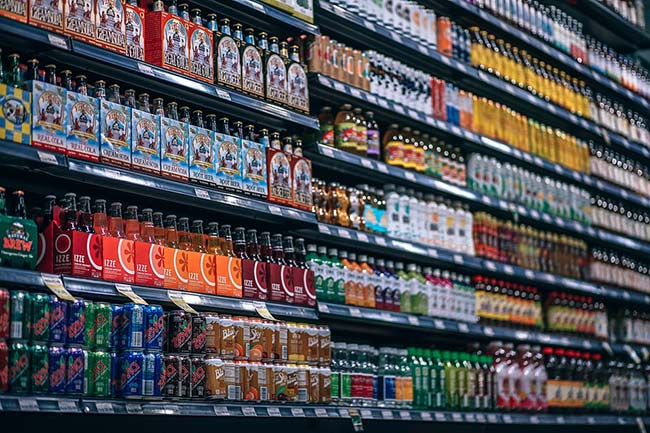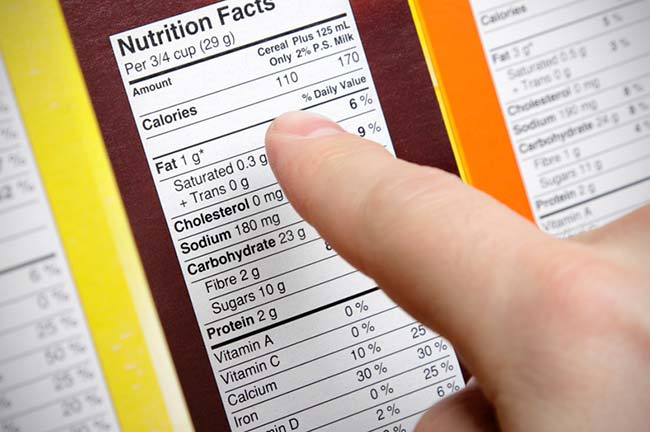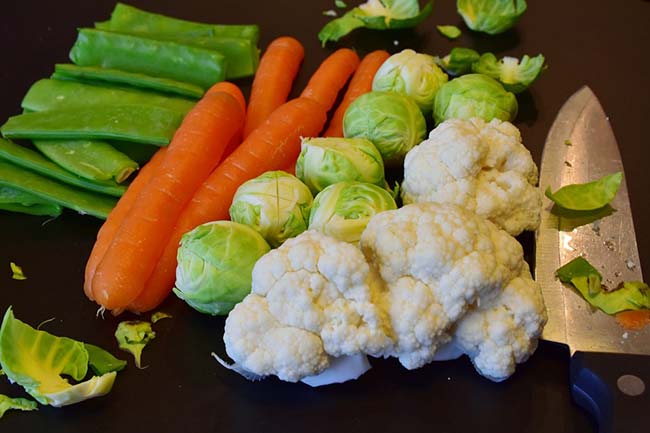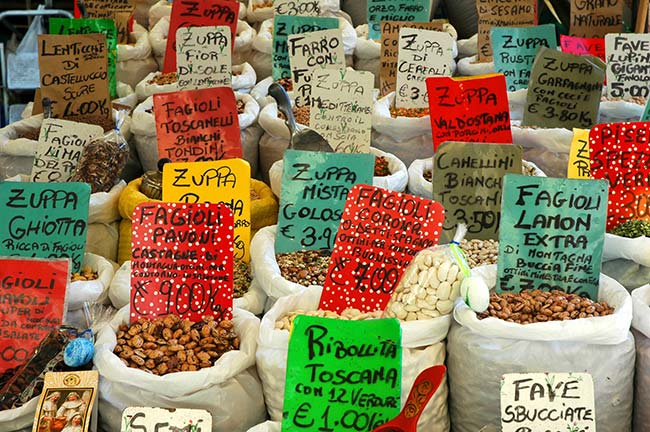Do you know how much sugar the average American consumes a day?
It’s a staggering 25 to 30 teaspoons pr day, according to the American Heart Association,
Since the sweet stuff is present in virtually every food product in the market, roughly 13 percent of the typical American diet total calories come from added sugar.
Excess consumption isn’t only bad because it ramps up your calorie intake, but it can also take a toll on your health and well-being.
Sugar can give you cavities, make you fat, and is linked to a host of health issues, from heart diseases, hypertension, mood disorders, to type 2 diabetes.
For these reasons, reducing sugar intake might be one of the best decisions you can make.
That’s where today’s post comes in handy.
Here are a few practical steps to help slowly, yet steadily reduce sugar intake in your diet in a way that won’t leave you starving to death.
Sounds good? Let’s get started.


Article Chapters
Avoid Sweetened Drinks
A great way to start reducing sugar intake is to boycott sweet drinks.
These are, basically, nothing but liquid candy.
Depending on the brand, one can of soda packs in more than the daily limit of added sugar.
It’s also the equivalent, calorie-wise, of four Tim Tams, four large peaches, three English muffins, or one big cup of ice cream.
As a rule, stick with plain water – feel free to add flavour with fruit infusions, citrus, or herbs.
You can also have tea, black coffee, and green smoothies – as long as you don’t add any nasty sugar.


Always Read the Labels
You might be shocked to learn how much sugar is lurking in everyday food.
In fact, out of more 600,000 foods items assessed by this survey, roughly 80 percent have sugar added to it in one form or the other.
It’s not easy to spot sugar on ingredient lists since the sweet stuff can go by many names – roughly 60 names, all of which stand for added sugar in one form or the other.
Don’t know what to look for? Here are the primary aliases sugar goes by:
- Turbinado sugar
- Maple syrup
- Lactose
- Organic cane sugar
- High fructose corn syrup
- Sucrose
- Agave
- Molasses sucrose
- Dextrose
- Glucose
- Fructose
- Dried
- Fruit juice concentrate
- Molasses
- Brown rice syrup
- Maltose
- Cane sugar
- And other words ending in “ose.”


Eat Non-Starchy Veggies
When choosing the greens, avoid the starchy variety such as carrots, sweet potatoes, peas, and corn.
These pack in a lot of carbs and consuming them may raise your blood sugar levels, resulting in hunger pangs.
Instead, go non-starchy.
At a minimum, according to the American Diabetes Association, consume three to five servings of non-starchy veggies each day.
Add the following to your menu:
- Artichoke
- Peppers
- Chayote
- Brussels Sprouts
- Okra
- Swiss Chard
- Cauliflower
- Cucumber
- Leeks
- Baby Corn
- Eggplant
- Squash
- Radishes
- Celery
- Asparagus
- Mushroom
- Broccoli


Snack the Smart Way
Reducing sugar intake isn’t all about limiting your food choices.
It’s also about adding more healthy options, or alternatives, to your menu.
One way to add more nutritious choices to your diet is by healthy snacking.
Snacking this way leaves you feeling full and in control.
Not only will it keep your sweet tooth at bay and avoid excess sugar intake, but it also helps you meet your daily nutritional needs.
Healthy snacks tend to be rich in healthy fats, lean protein, and fibre but very low in grains, carbs, and, of course, sugar.
Best examples include:
- Hazelnuts
- Walnuts
- Peanuts
- Almonds
- Berries
- Dried Seaweed
- Cheese
- Non-Starchy Veggies
- Kiwi
- Low-Fat Yoghurts
- Avocados


Sleep Better
Can you sleep your way to a sugar-free life? Science says yes.
Not convinced? Then check out this research that has found an undeniable link between sleep quality and junk food addiction.
But how does sleep quality affect food choices?
It’s actually quite simple.
Sleep debt compromises your appetite-regulating hormones – leptin and ghrelin.
It reduces the production of a hormone that suppresses your appetite while flooding your body with the hormone that makes you hungry.
This often results in cravings for easy sources of energy typically found in sugar.
In other words, the less you snooze, the more tempting sugary meals and snacks become.
Make it a rule to sleep seven to nine hours every night.
That may require a radical lifestyle change, but it’s worth the effort.
Conclusion
There you have it!
The above dietary guidelines are all you need to get started on cutting down on your sugar intake in no time.
All you need is to do is start now and never deviate.
The rest is just details.

